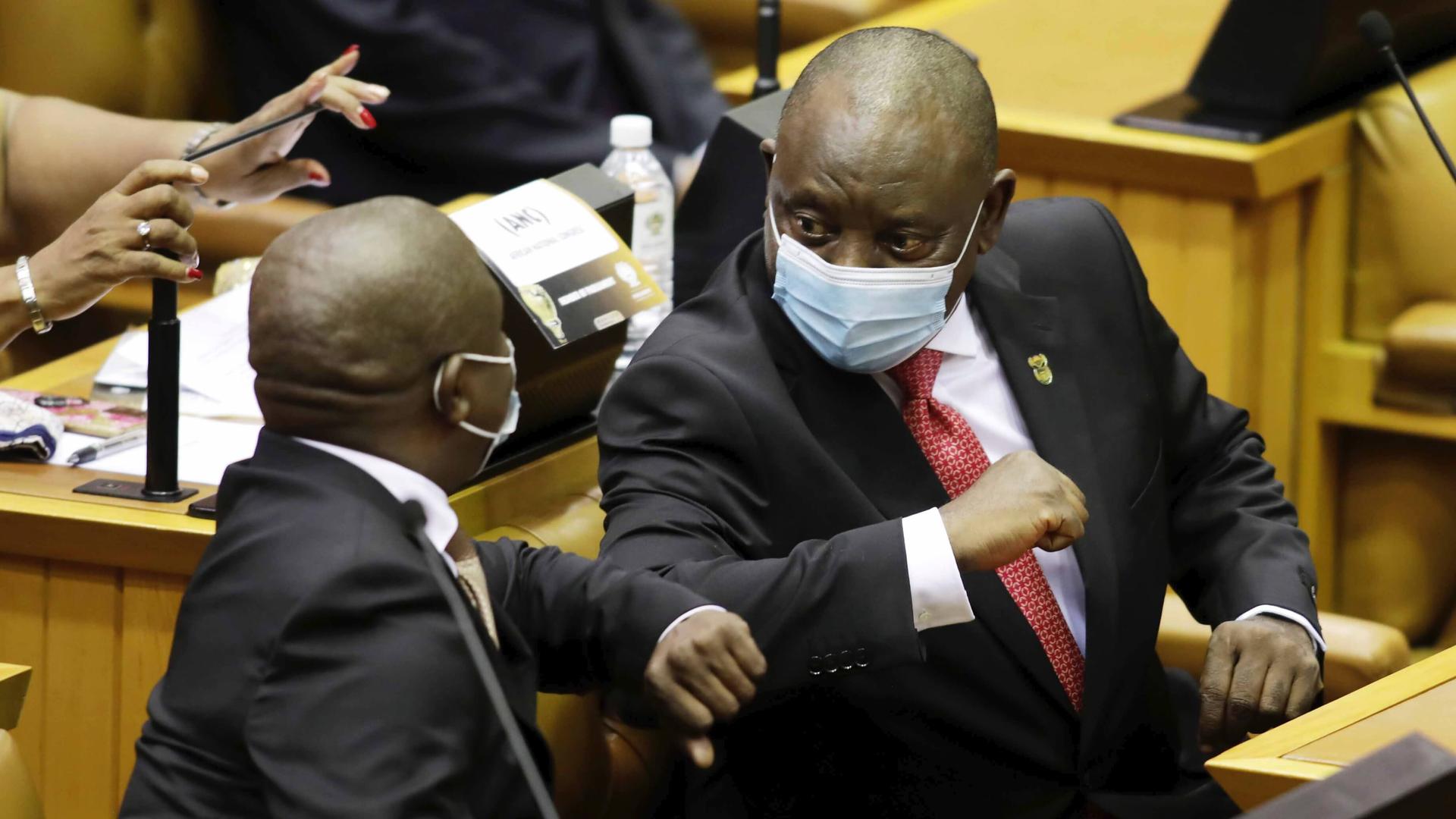South Africa changes course on vaccine rollout after disappointing study
South Africa had a plan for the first phase of its COVID-19 vaccine rollout. On Feb. 1, the government received a million doses of the Oxford-AstraZeneca vaccine and was preparing to begin vaccinating front-line health workers.
The vaccine was already being tested in South Africa as part of a global clinical trial, and early results showed high efficacy against the original coronavirus.
But this week, the government announced it would temporarily halt the rollout after a study by Wits University, which runs the local Oxford-AstraZeneca vaccine trial, found that it was not effective against mild and moderate cases of the 501Y.V2 variant, identified in South Africa in November 2020.
Related: How India’s Serum Institute became a COVID-19 vaccine powerhouse
In a national address on Thursday, President Cyril Ramaphosa said the government had secured 9 million doses of a vaccine by Johnson & Johnson, which researchers have said is effective against moderate and severe forms of the coronavirus new variants.
Ramaphosa said they have also secured millions more from global COVAX, and Pfizer.
Related: Global leaders cannot treat COVID-19 vaccines as ‘apartheid,’ says former Liberian president
Pausing the rollout of the much-anticipated AstraZeneca vaccine wasn’t an easy decision for the scientists who advise the government, which has been criticized locally for being too slow to procure vaccines.
“It is a difficult one for South Africa. Especially because we already made advances to use the vaccine. We have ordered the vaccine, we have got it stocked in South Africa,” said Jeffrey Mphahlele, a virologist and vice president for research at the South African Medical Research Council (SAMRC). Mphahlele also serves on the ministerial advisory committee for COVID-19 vaccines.
He stressed that the same study showed that the vaccine worked very well on the original variant, but the new 501Y.V2 variant has become dominant in the country.
“I think, ethically it would not be right to use it. … Because whether you like it or not, if people get a vaccine they get a sense of protection.”
“I think, ethically it would not be right to use it,” Mphahlele said. “Because whether you like it or not, if people get a vaccine they get a sense of protection.”
In the past week, South Africa has had to quickly change course with its vaccine rollout plan while also managing social backlash and misunderstandings around the decision.
While most South Africans grew up with robust vaccine programs since childhood, disinformation and skepticism about the COVID-19 vaccine have been persistent problems — even among health workers.
“You do have those ones who have hesitancy,” said Bongani Mazibuko, a trained nurse and Gauteng provincial secretary of the Democratic Nursing Organization of South Africa (DENOSA).
Related: More contagious virus variant in South Africa found in US
“The hesitancy is due to lack of information and the number of fake news that has been circulating.”
“The hesitancy is due to lack of information and the number of fake news that has been circulating,” Mazibuko observed.
Some health workers have criticized the government for not being upfront about the vaccination plans. While organizations like DENOSA approve of the government’s prioritization of health care workers, others have seen it as an attempt to turn health workers into “guinea pigs.”
For Mazibuko, the government’s halting of the Oxford-AstraZeneca rollout is a positive sign that the government is becoming more transparent about its vaccination plans.
“We are currently in discussions with the provincial government about the vaccine rollout plan so that we can be on par and give our members the correct information,” Mazibuko said.
As for the 1 million Oxford-AstraZeneca vaccines already in the country, “There are already some countries that are asking that we must sell it to them,” said South Africa’s Minister of Health Zweli Mkhize on Wednesday during a press conference. “All we can say to our public is that we will not waste the money.”
South African scientists have also said more research should be done on the Oxford-AstraZeneca vaccine, especially regarding whether it could still be effective against severe cases of the COVID-19 variant.
Related: COVAX aims for equitable access to a COVID-19 vaccine. Can it work?
“I think that the way forward would be that the vaccines will be improved, they will be adapted. And I think that will solve the problem,” said virologist Mphahlele.
This week, a group of experts advising the World Health Organization recommended countries continue to use the AstraZeneca vaccine, even given the variants.
